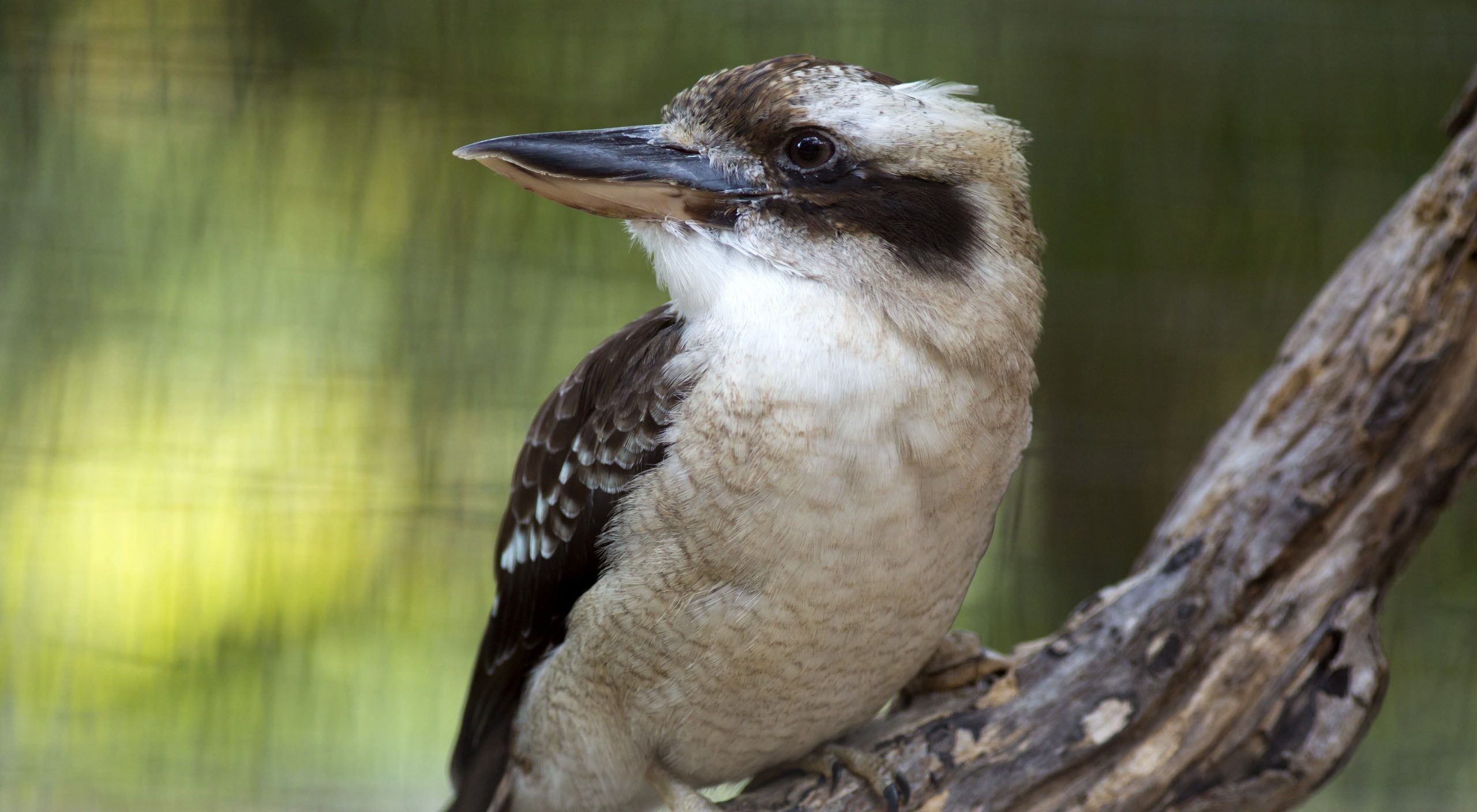
Bush Choir
STEMLinc Video Conference: Join the bushland orchestra as you identify and decipher some of the voices of our extraordinary Australian animals. Animals make sounds to communicate to others, including warnings, threats, to show dominance, and to attract a mate. Animals make two types of sound; vocal and mechanical. Vertebrates can make vocal and mechanical sounds. (Image: The Nature Conservancy)
Year Levels: 5 – 6
Duration: 1 hour
STEM in a box: No
Background Information: For humans, communication is the bedrock of our relationships and part of how we successfully function in our daily lives. Animals make sounds to issue warnings, attract mates, signal distress, find one another and defend their territory; like us, their vocal cords fulfil myriad purposes that lay their social foundations and ensure their survival. One of the best examples of the range of noises made by animals are those made by birds. Every bird species has a specific song and various calls that sets it apart from other birds – but why do they have these? They use different notes, patterns and noises to tell other birds what is on their mind. Of course, other animals do this too. Students may have observed wildlife responding to sounds in certain ways.
Prior Knowledge: No prior knowledge is necessary.
Learning Intentions:
In this program students will:
- Identify and compare of a range of Australian bird calls
- Explore the adaptations that allow animals to produce sound
Activities:
In this video conference students will:
- Play the ‘Australian Bird Call’ identification game
- Participate in the ‘Cricket or Frog?’ identification game
- Conduct a green tree frog balloon sound experiment
- Audition and nominate class representatives for a bird impersonation contest
Victorian Curriculum:
Science – Biological Sciences
Living things have structural features and adaptations that help them to survive in their environment (VCSSU074)
The growth and survival of living things are affected by the physical conditions of their environment (VCSSU075)
Music – Music Practices
Develop and practise technical skills and use of expressive elements of music in singing, playing instruments, improvising, arranging and composing (VCAMUM030)
IMPORTANT: Cancellation Policy
- When you book you will receive an automated message from Eventbrite. Save this carefully please.
- Any cancellations need to be received in time for STEMLinc to re-sell your tickets to other teachers.
- Please use the Eventbrite confirmation email to facilitate any cancellation of your booking. That will automatically release your ticket for re-sale on our system.
| Date and Time | Ticket available | Booking link |
|---|
| Term | Lesson Date/time | Click to book (Note 1 ticket = a class of 25 students) |
